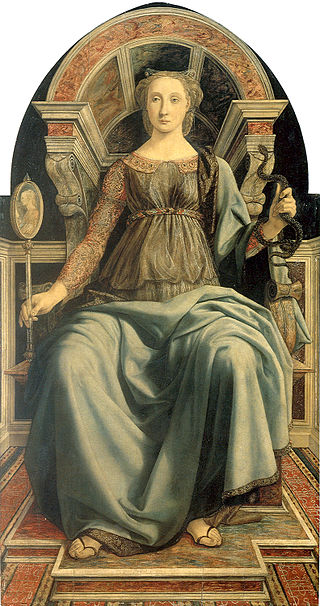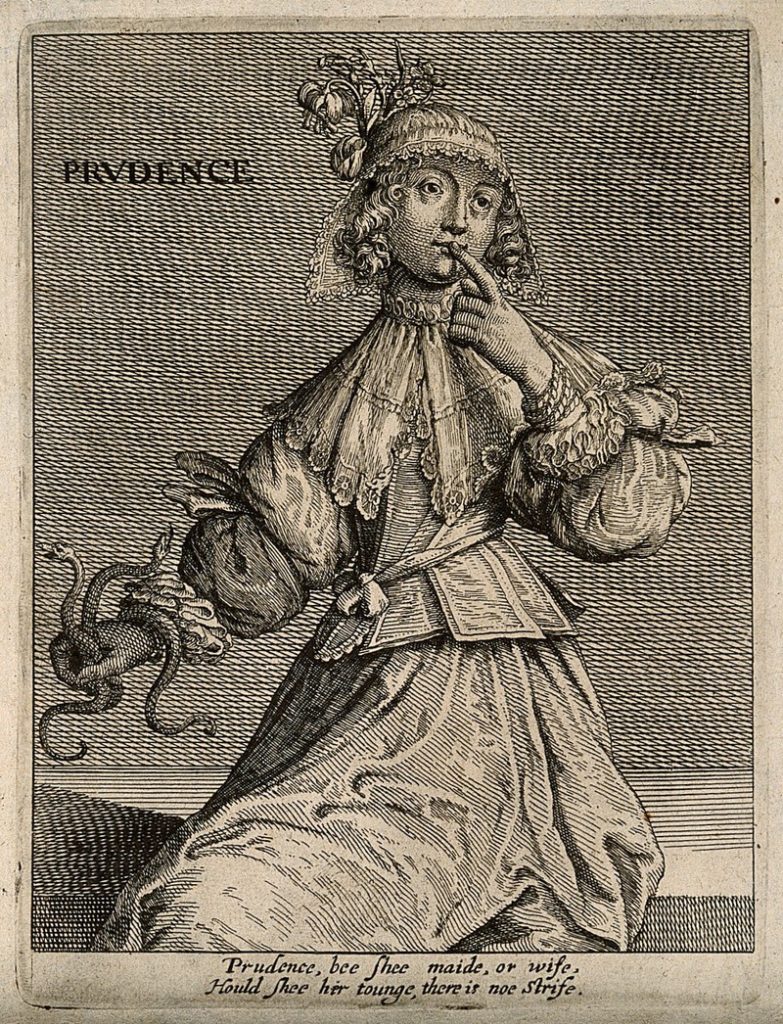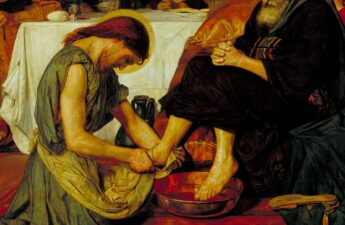Classical Civilisation and traditional Christian Theology, recognised four cardinal virtues- prudence, justice, fortitude, and temperance. The word ‘cardinal’ derives from the Latin word ‘cardo’, meaning hinge. The four cardinal virtues are called so because they are seen as necessary to the existence of all other virtues, for example- we cannot be loyal without fortitude; we cannot be honourable without justice, etc. They are the foundation to all other virtues.
Prudence isn’t a virtue we hear a lot about these days.
When we do, it’s something vaguely related to cautiousness, reluctance, maybe even a quality of the fainthearted- hardly a virtue. Why then, was prudence believed to be a cardinal virtue for all those centuries?
“Affairs are easier of entrance than of exit; and it is but common prudence to see our way out before we venture in.”
Aesop’s Fables, 6th Century, The Sick Lion
Reason and Foresight
Many philosophers believed that much of what it means to be prudent, lies in the ability to rule with reason. Aristotle in Nicomachean Ethics, includes what he calls ‘phronesis’, practical wisdom, or prudence, as an intellectual virtue. This means that he believes it a success of the mind more so than a success in morals. To be prudent means to be able to recognise the correct path, decision, or action in any given situation. It is the ability to deliberate successfully. Part of this suggests that it is also a triumph over raw emotions, which can often control and direct our decision-making process.
As we might expect, to be prudent also means to have foresight. Every truly good decision is good now, tomorrow, and into the future. We must consider the potential consequences of our actions in the long term, meaning that what is prudent is never what is expedient.
“Strange, that some of us, with quick alternative vision, see beyond our infatuations, and even while we rave on the heights, behold the wide plain where our persistent self pauses and awaits us.”
George Eliot, 1871, Middlemarch
The ‘Good’
There has been a lot of talk about aiming for the good, but what good? Thomas Aquinas, in Summa Theologica, stated that a prudent person deliberates and chooses a path to what is ultimately good for him, and for human beings in general. This is where we see how close the intellectual virtue of prudence is to a moral virtue. Aquinas says that a man cannot be prudent with unethical aims (ST, Second Part of Second Part, Question 47, Article 13.). He outlines prudence as threefold:
1) The first type of prudence serves to cleverly devise a path, but to unethical ends. Wit, cunning and cleverness are not the same as prudence.
2)The second leads to a specific good. He gives an example of a prudent businessman, who although does devise a fitting way to a good end, it is imperfect as it is too narrow. He is a prudent businessman, as oppose to a prudent man.
3) The last type is true prudence, the ability to devise a path to the ultimate, overall good for your life and for humans in general. Aquinas believed that you could not be virtuous without being prudent, and you could not be prudent without being virtuous.
“Rashness, indeed, belongs to youth; prudence, to age.”
Marcus Tullius Cicero, 44 BC, Cicero de Senectute.
The Importance of Prudence
On the surface, it seems like quite an arbitrary virtue to discuss, not to mind including it as a ‘hinge’ to all other virtues. We know, surely, that it is important to make good decisions, for good ends? This much seems obvious. Except what we know and what we practice are often very different. It is one of the greatest obstacles in many people’s lives; our own bad decision making. The reason Aristotle, Aquinas and many more name it as essential to other virtues, is because prudence illuminates the path to virtuous action. It is the ability to devise not just any way, but the right way, to the right action and the right ends. It is a virtue which both philosophers believed only comes with experience, as overtime we learn what is right and virtuous and how to reach it. The virtue of prudence is something to aspire towards and to try and attain, sooner rather than later.
“Hear the words of prudence, give heed unto her counsels, and store them in thine heart; her maxims are universal, and all the virtues lean upon her; she is the guide and the mistress of human life.”
As quoted in Vicesimus Knox, 1801, Elegant Extracts: Or, Useful and Entertaining Pieces of Poetry







Amazing! I was just talking about the importance of being prudent today and I open and see your article on the very subject. my email is back. Im back in business. Darby xxx